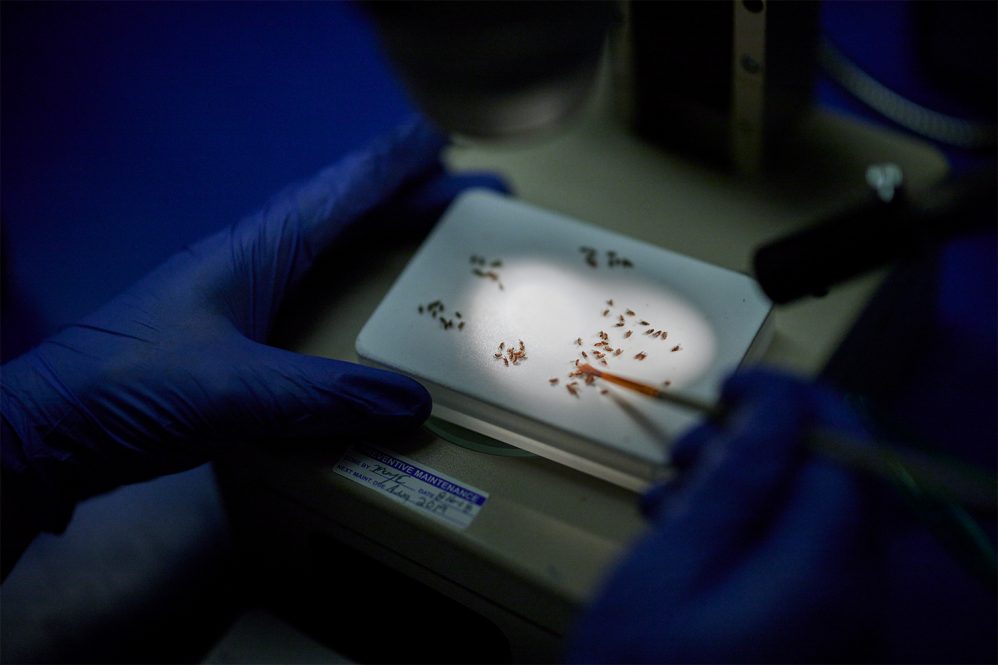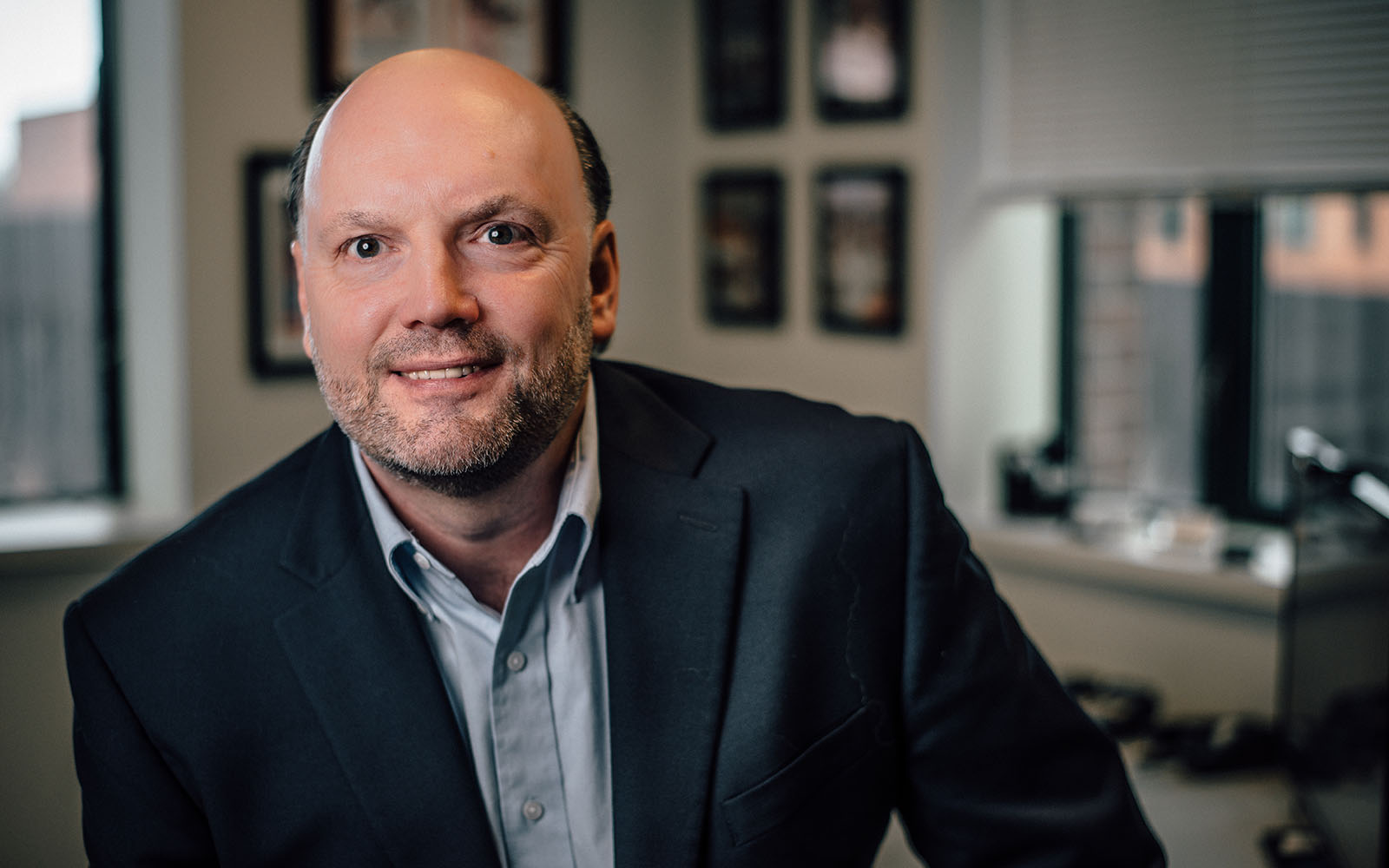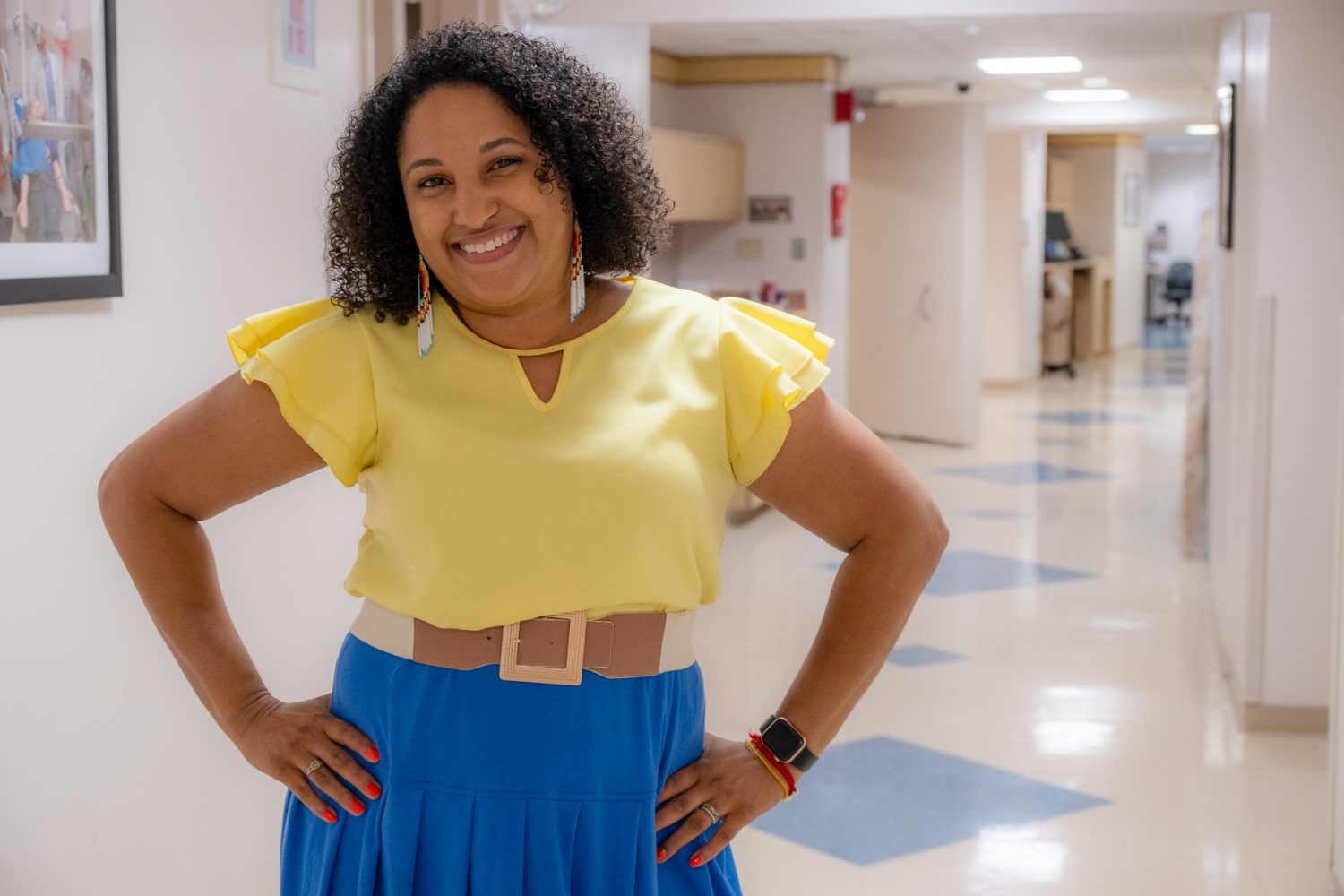The patient lies still on a white platform while the young surgeons glove up. Reaching for the scalpel, one of them hesitates.
“Remember that toothpaste motion we discussed!” says Kate Gavilanes ’22 (CLAS). Gavilanes has never attended medical school, but she has a wealth of surgical expertise.
“In non survival surgery,” clarifies physiology and neurobiology (PNB) professor Geoff Tanner, Gavilanes’ master’s degree supervisor and a fellow instructor. The two teach a class that focuses on that most basic of lab animals: the fruit fly. Open to any undergraduate, the course confers skills in fly husbandry, anatomy, genetics, metabolism, and all the assays, biochemistry, and statistics needed to do it. The purpose of this class is to bridge that chasm that every student encounters if they decide to do medical or biological research: to get a job in a lab or go to med school, you need experience. But you can’t get experience without a job in a lab.
Gavilanes and Tanner have an easy back and forth, with Tanner focusing on teaching the students scientific method and fly physiology, while Gavilanes instructs them on surgical and laboratory techniques. Jeff Divino, the third instructor in the course, acts as professional devil’s advocate.
“I try to identify with where our students are coming from,” PNB professor Divino says. What Divino, Gavilanes, and Tanner have in common, they also share with many of their students: none of them planned on a career in research. Gavilanes is a first-generation immigrant and college student. She lacked the contacts and experience young Americans with college-educated parents tend to take for granted. Divino goes so far as to describe himself as “clueless” in undergrad, and Tanner spent his 20s teaching school in Gujarat, India, living with a family in a palace, and developing a phobia of dogs.
The three created this class because it is the one they wish they had had as undergraduates. It fills a need that many students only realize late in their undergraduate careers. If you left college more than 15 years ago, it can be hard to understand how competitive medical and graduate school admissions have become — and how absolutely necessary lab experience is.



